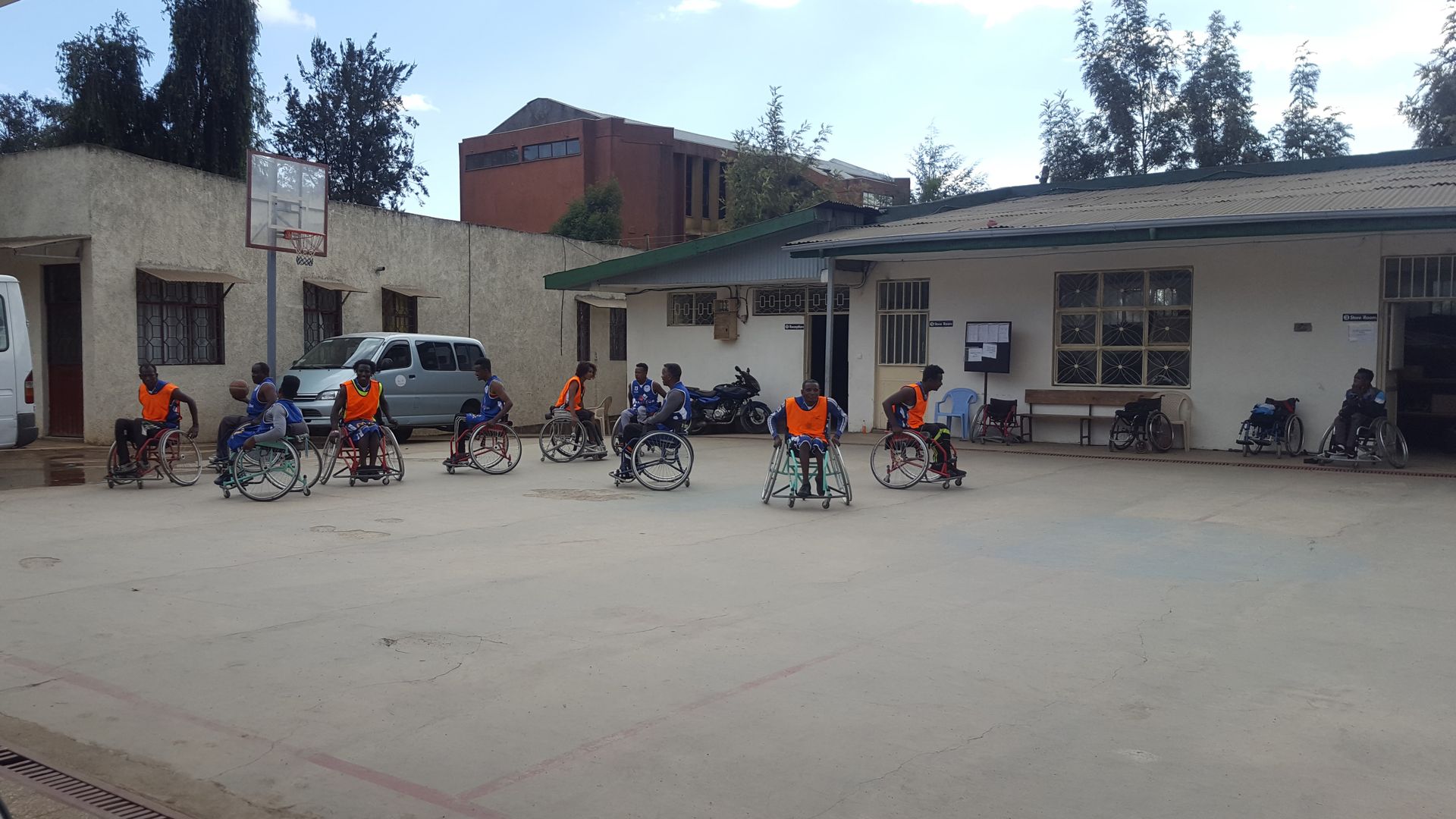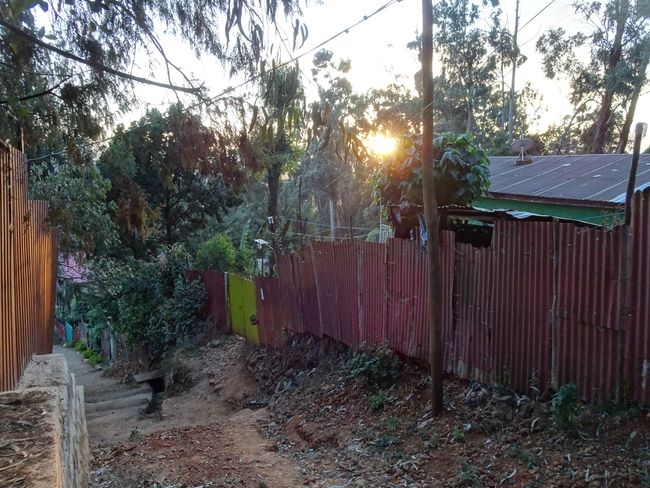Trip to Bishoftu/Debre Zeyit
ప్రచురించబడింది: 03.03.2020
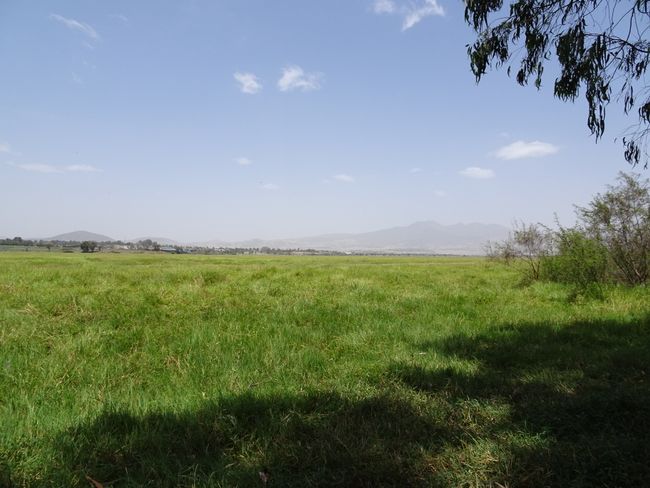
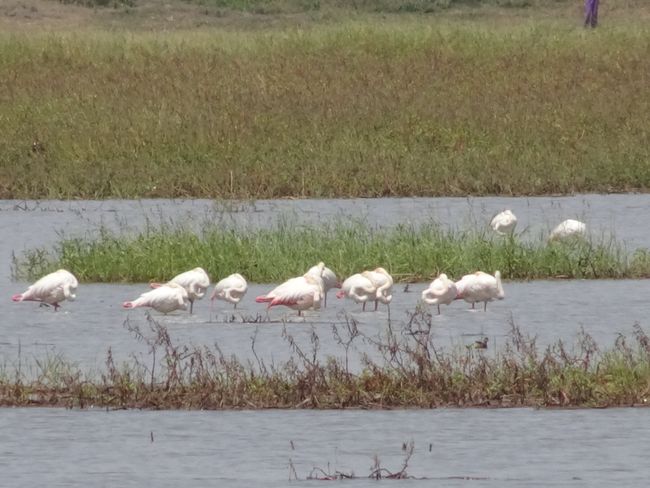
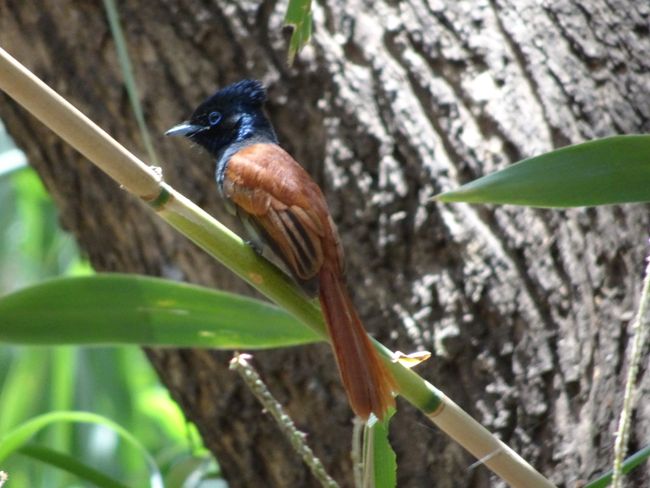
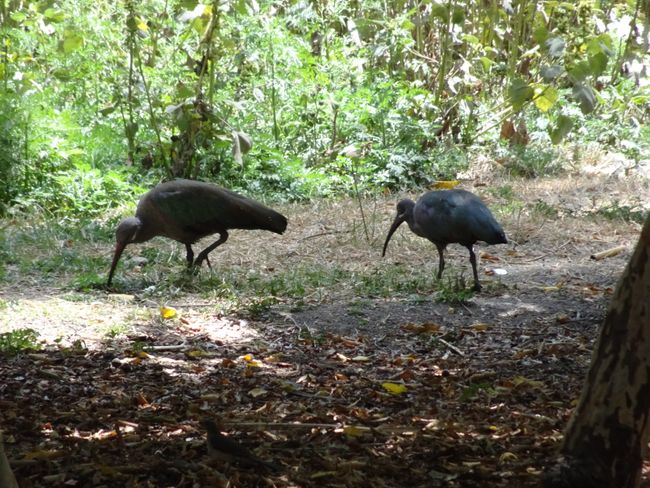
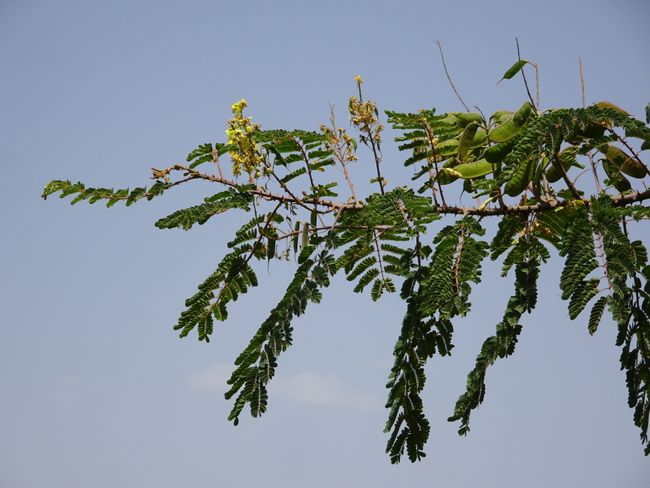
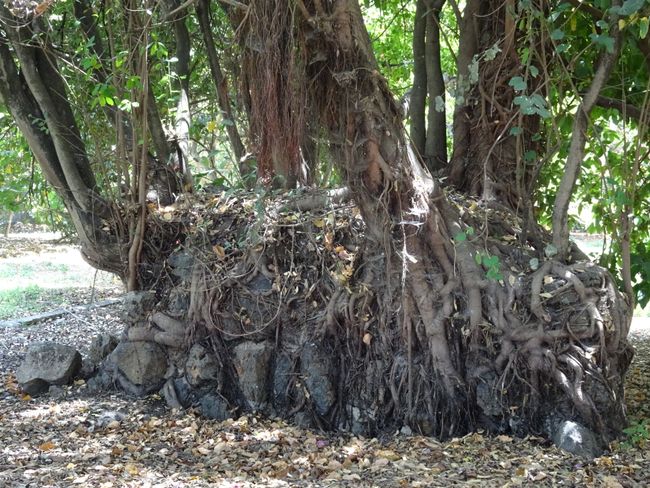
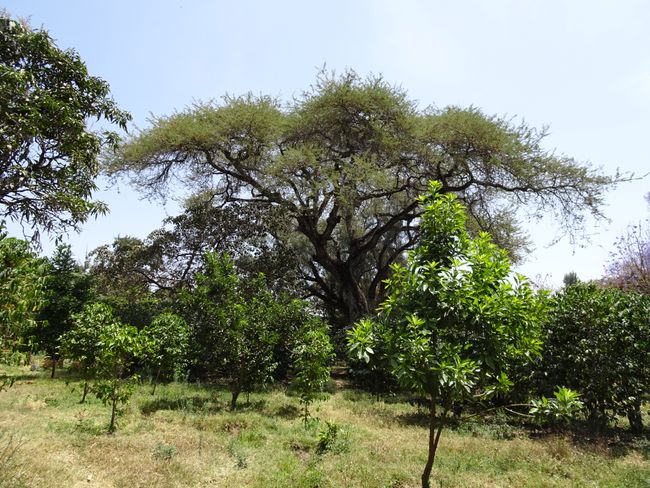
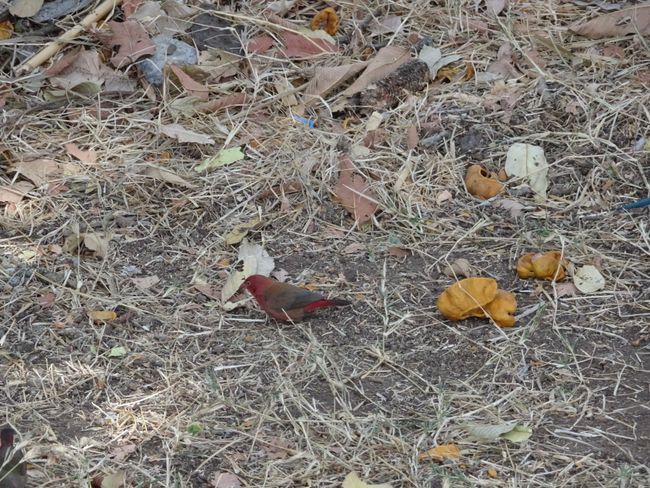
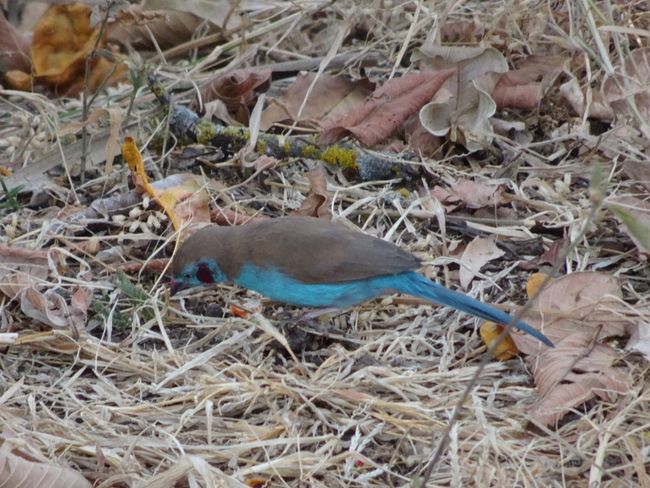
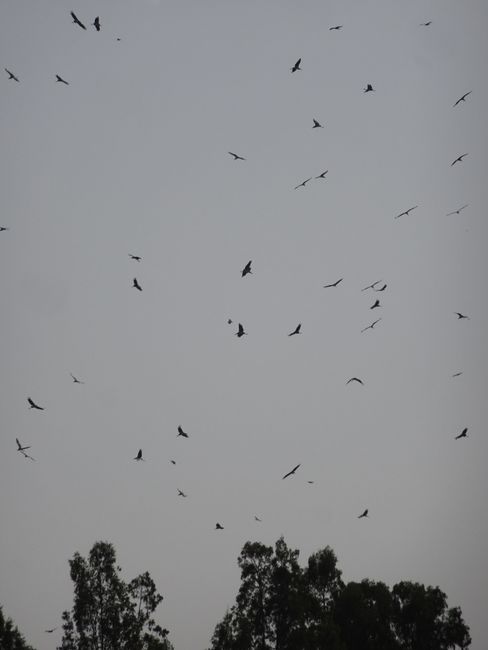
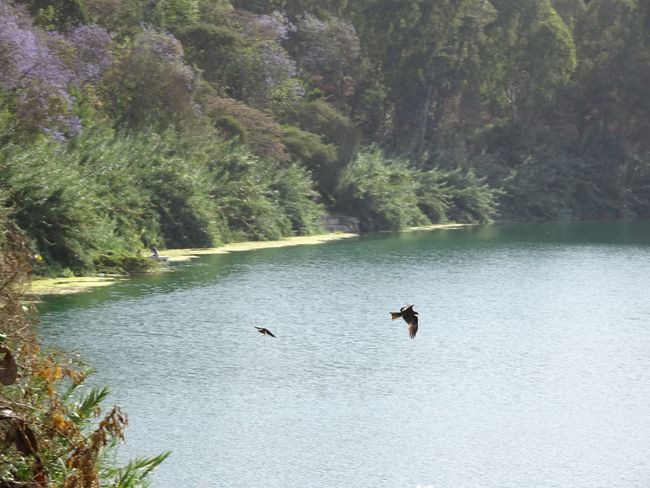
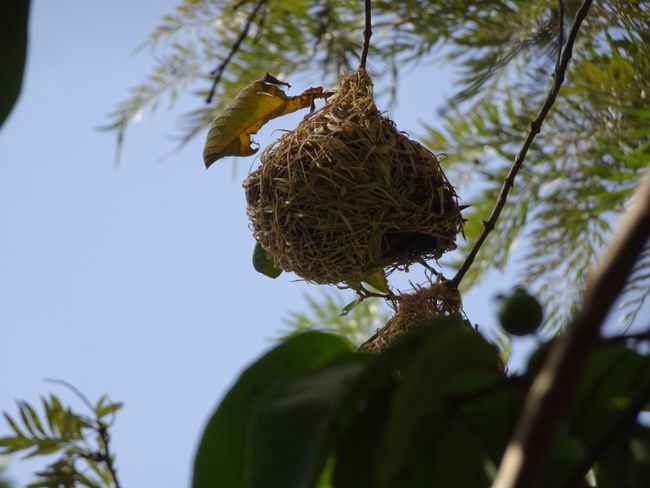
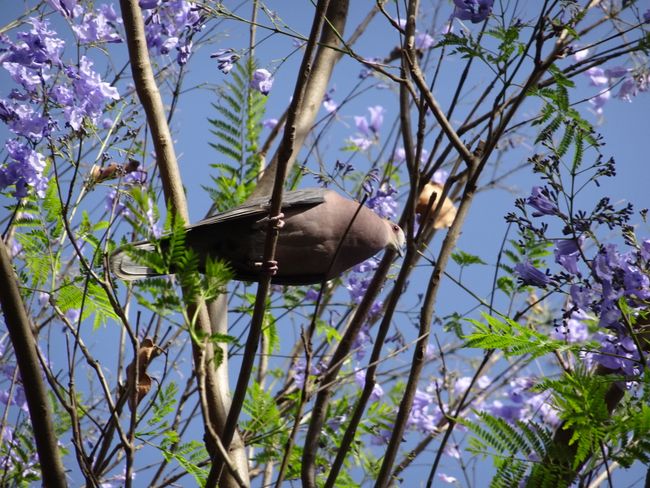
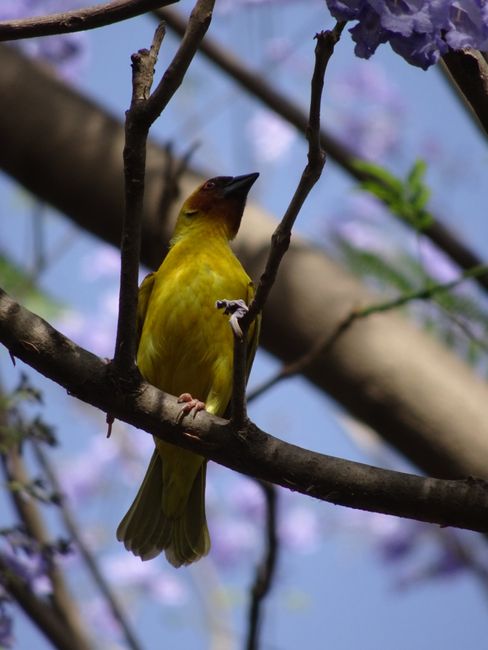
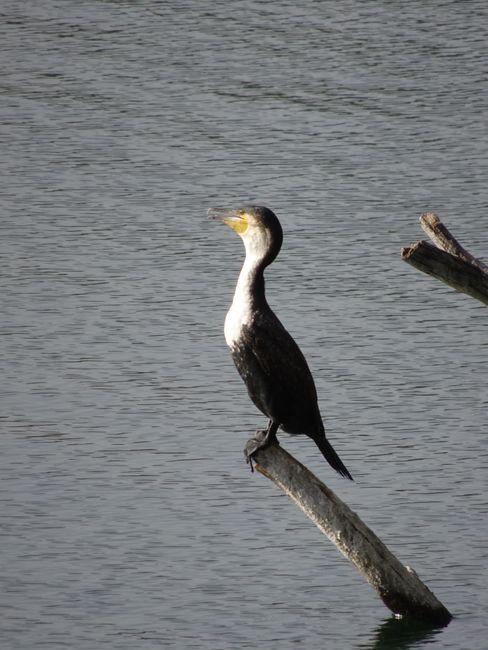
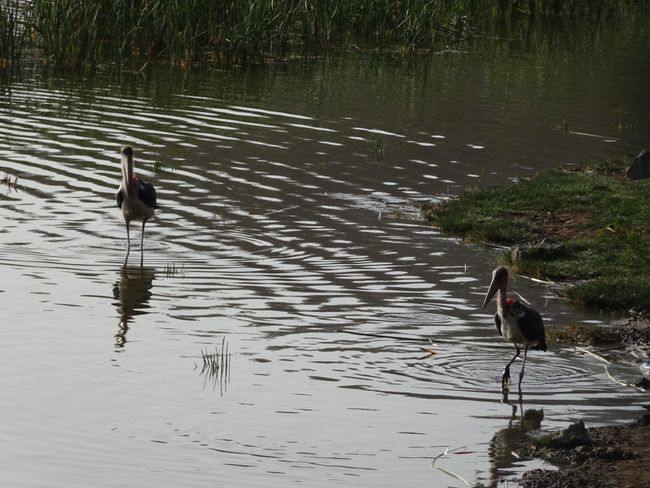
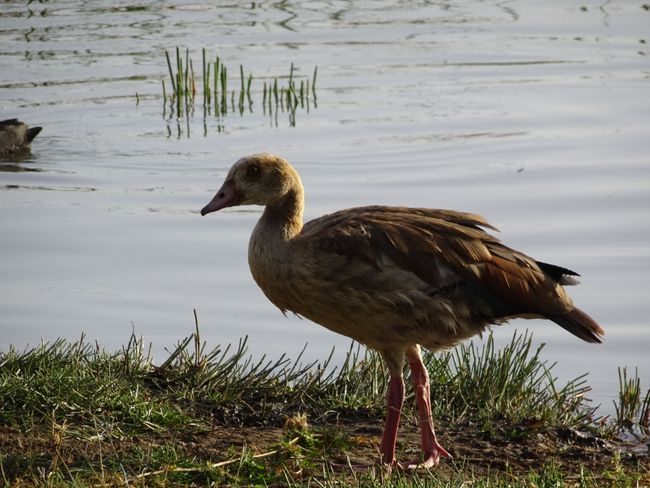
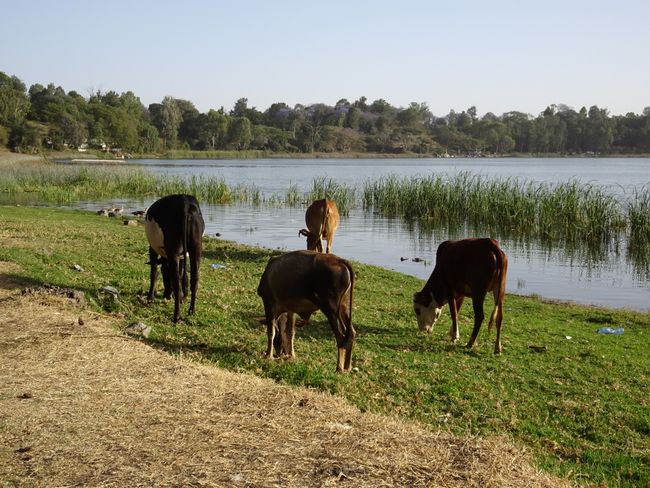
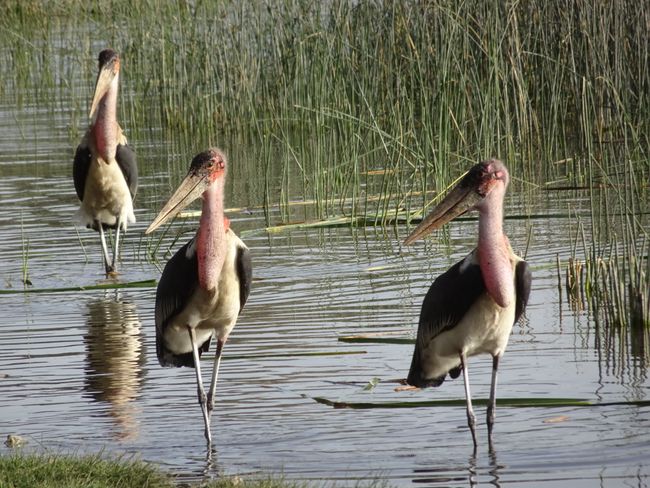
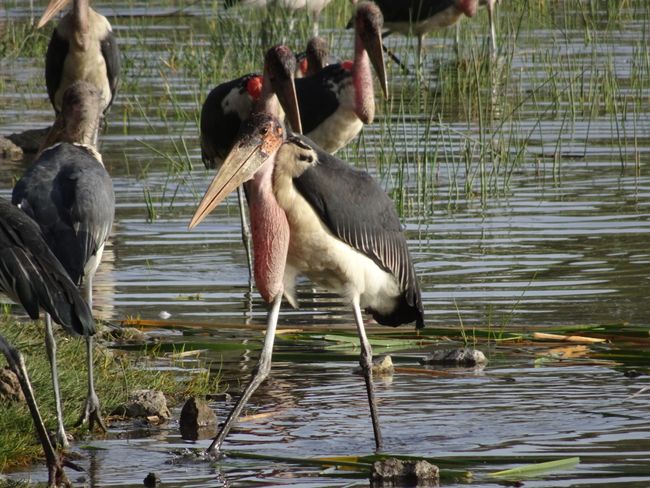
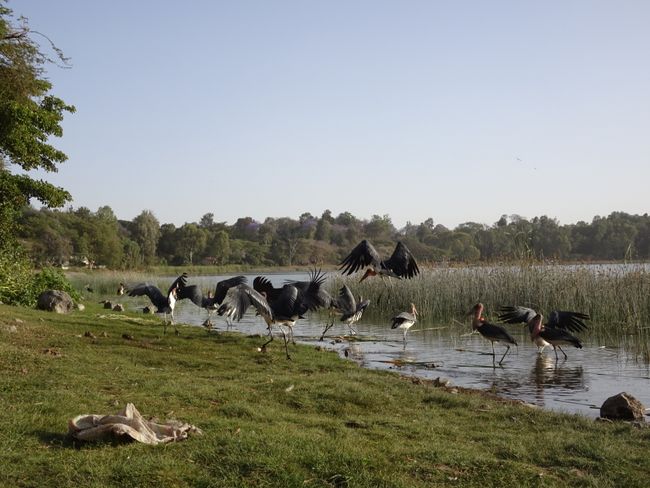
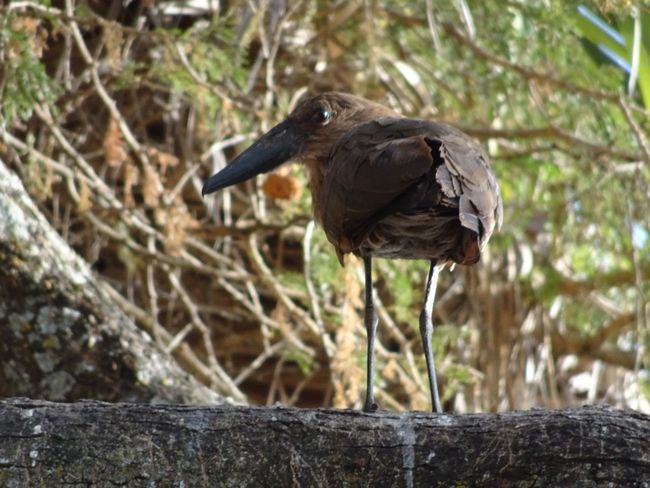
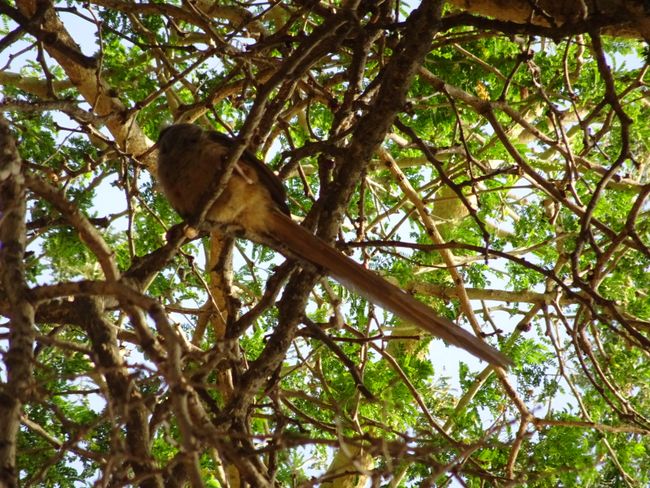

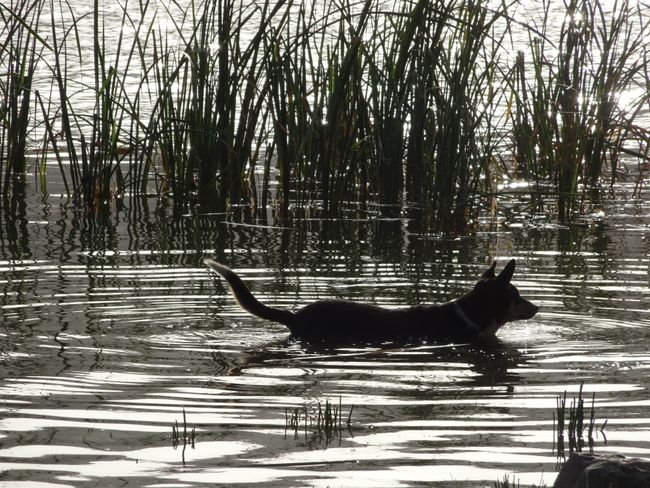
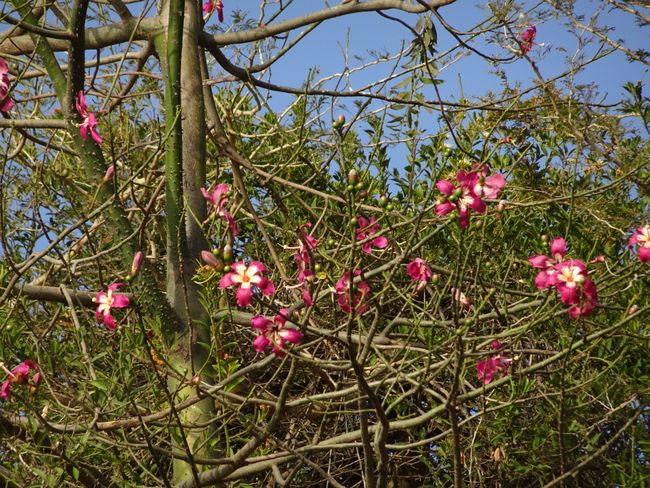
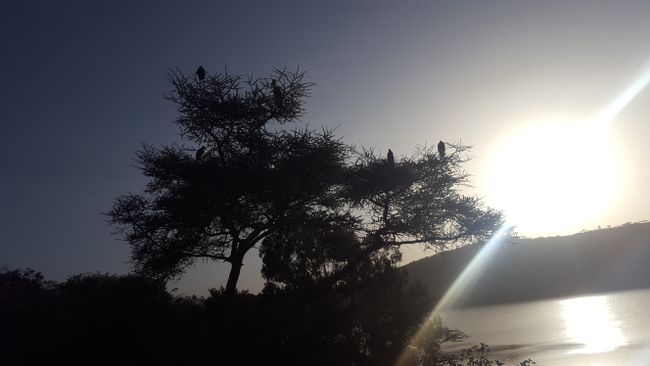
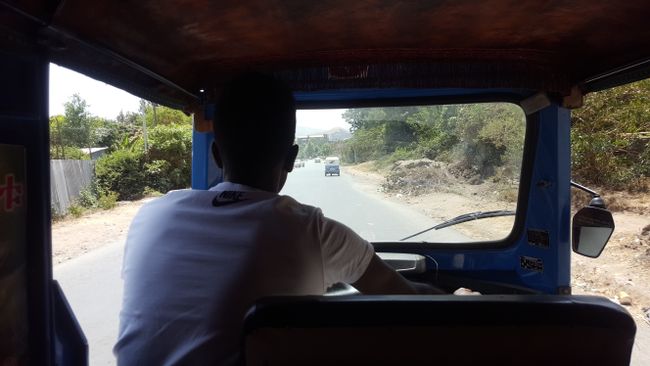
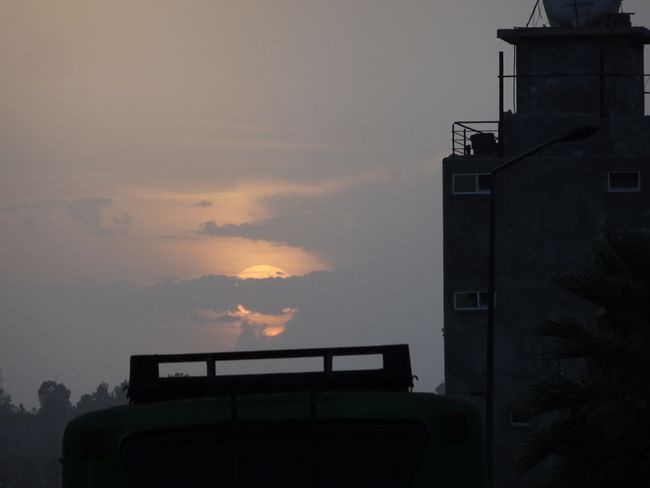
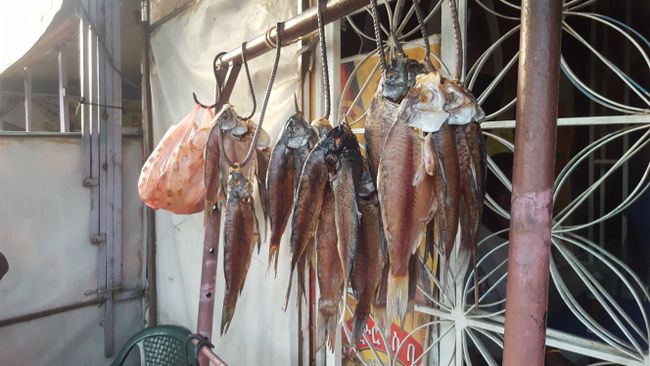
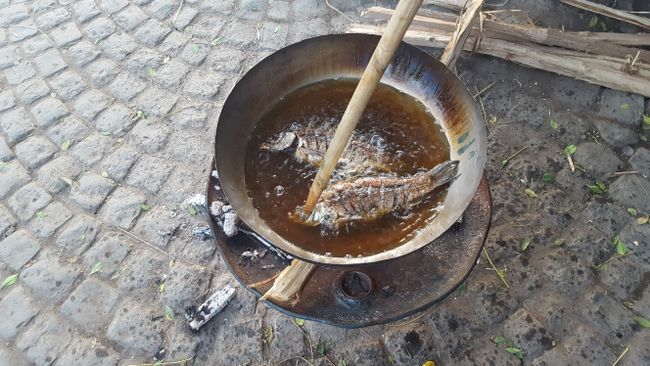
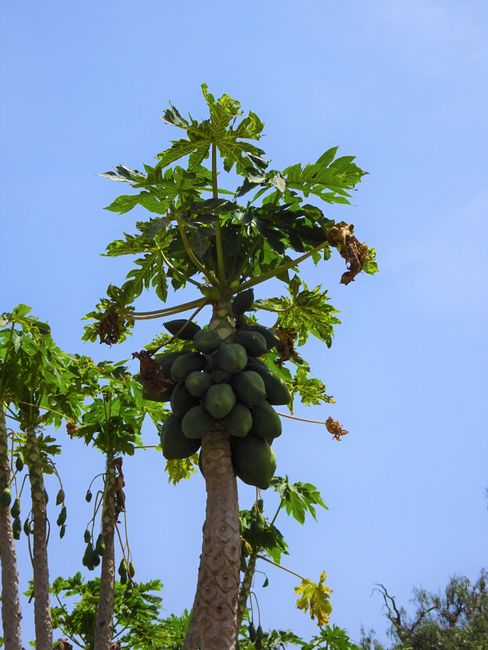
వార్తాలేఖకు సభ్యత్వాన్ని పొందండి
On Sunday, I was out of Addis Ababa for the first time. It was an incredibly impressive and eventful day for me. I was told that if I am already excited about this, I should see the rest of Ethiopia...!
So, I went with Hiwot, an Ethiopian who also wanted a day away from Addis, by public transportation. It took about 3 hours to get out of the city, that can happen. Then we took a combination of minibus and bus to Bishoftu, the 46km journey took about an hour and cost around 80Rp/person. People in the bus were chatting and making calls, the man behind us was chewing qat (Ethiopia's national drug) the whole journey. Bishoftu is known as a weekend or day trip destination from Addis Ababa because of its crater lakes and their flying residents.
When we arrived in Bishoftu, we first walked (about 15 minutes) to Lake Cheleklaka. Upon arrival, we realized that the lake is only a lake during and after the rainy season (around June-September), currently it is a large green puddle. I was lucky to be with an Ethiopian because the lake is not very accessible to tourists. We asked at a gate if we could visit the 'lake' even during the dry season. The friendly residents of this huge property, which was actually a paused construction site for a large resort, allowed us in and led us to the lake. There, we saw different colored small birds and, thanks to the good zoom of my camera, some flamingos (without the zoom, they were just white dots).
Back in Bishoftu, we had an excellent lunch: Bayaynet Injera with various sauces & Ethiopian cheese (similar to cottage cheese). Then we took a minibus to Babogaya Lake, a young man in the bus recommended a resort to us. Following his recommendation, we realized a bit late that Babogaya Lake is quite built up with resorts and therefore, although beautiful, not exactly what we had in mind. Furthermore, the resort was more like a party and hangout spot by the lake for young Ethiopians around 18 years old, who were all happily drinking beer and chewing qat in the shade. It was less relaxing for us and not quite what we had expected.
Therefore, after about 1 hour, we moved on. My travel guide said that Hora Lake is less developed for tourism. At Lake Hora, I was first stunned: I had seen Brahmaputra Marabu in a documentary about half a year ago and was fascinated by these scavenging and garbage-eating relatives of ostriches - and now I suddenly see these ugly birds in front of me! Besides the delightful landscape, less touched and developed nature, I also saw other birds, stray dogs, and cows at Lake Hora. Unfortunately, it soon started to get dark and some friendly veterinary medicine students, who had previously made fun of the strange white guy who was photographing everything, strongly recommended that we leave the lake before sunset. It could become dangerous afterwards.
Back in Bishoftu, we strolled through the streets at sunset, where we saw former residents of Lake Hora frying food in oil, and headed to the bus station. The return journey was loud and long, there was always something happening until the moment I arrived home. Hiwot texted me later that she arrived exhausted from all the walking and the sun, and went straight to bed without showering or eating. Thanks to the many impressions I had to process, I stayed awake for a long time. After all, the next day was a holiday...
వార్తాలేఖకు సభ్యత్వాన్ని పొందండి
సమాధానం (1)
eve
Ich habe diesen Tagesbericht von A bis Z genossen, konnte mir fast bildlich vorstellen, was du wie erlebt hast! Danke herzlich! 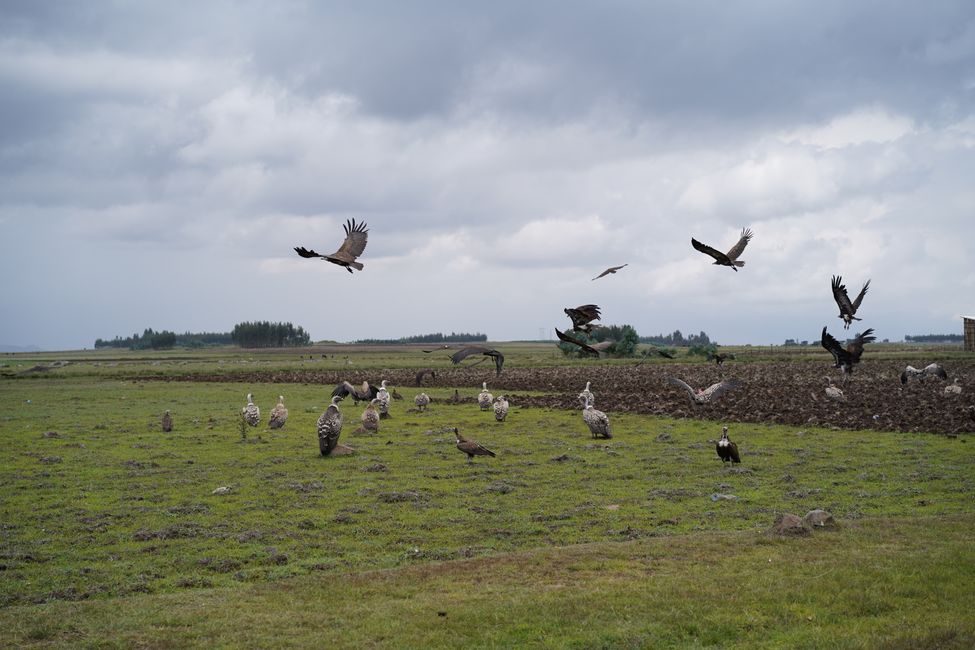
ఇథియోపియా ప్రయాణ నివేదికలు
